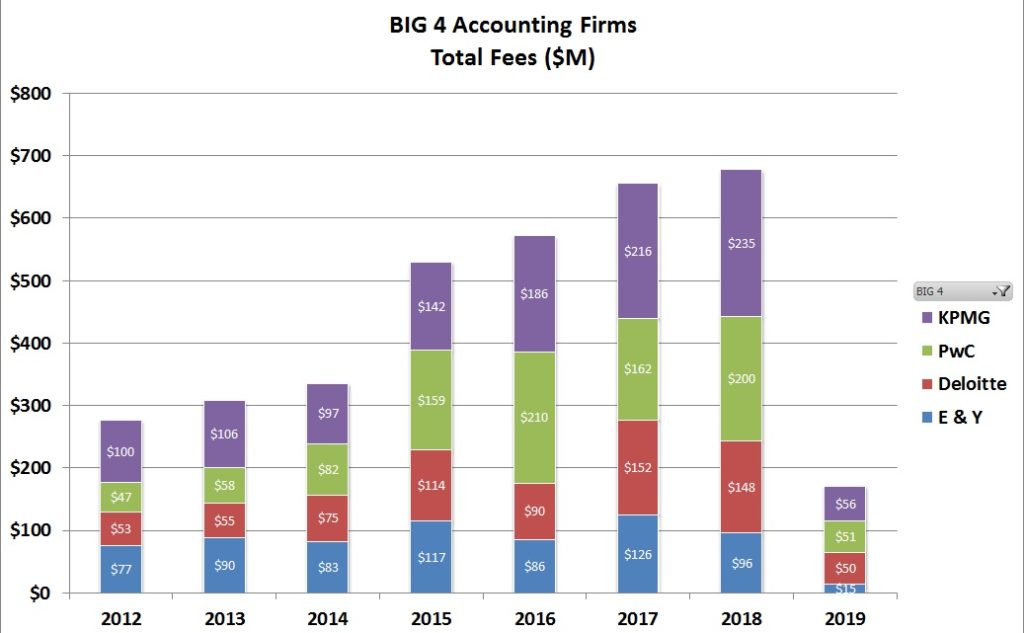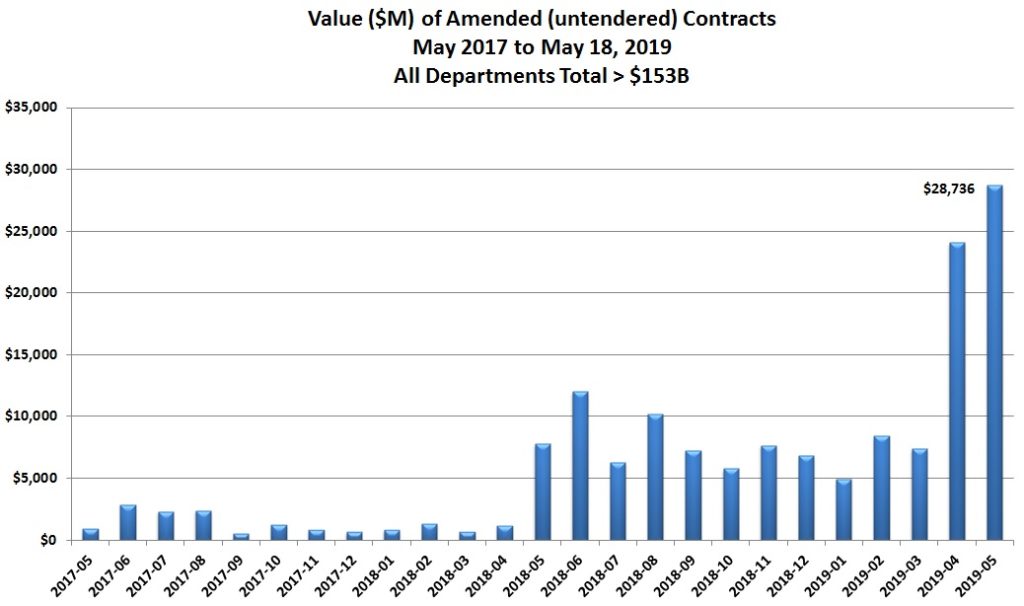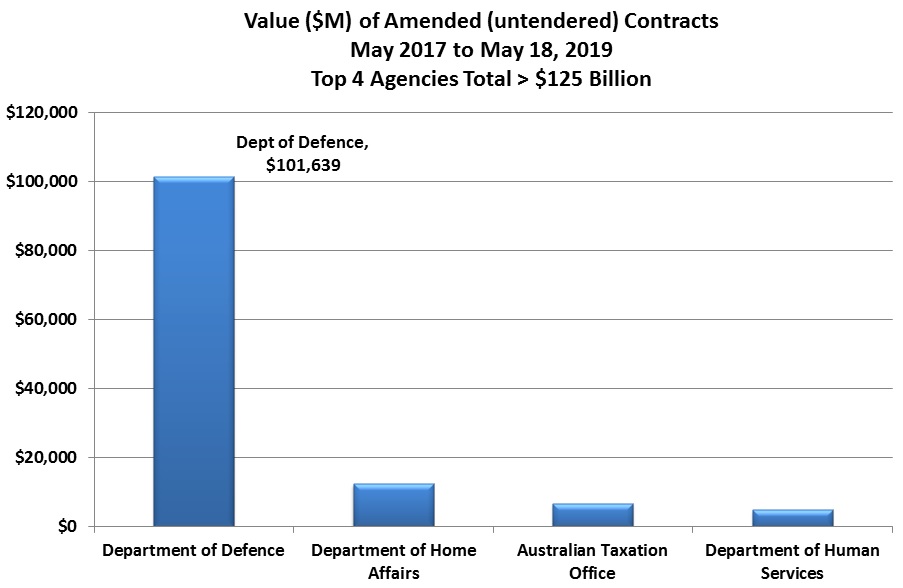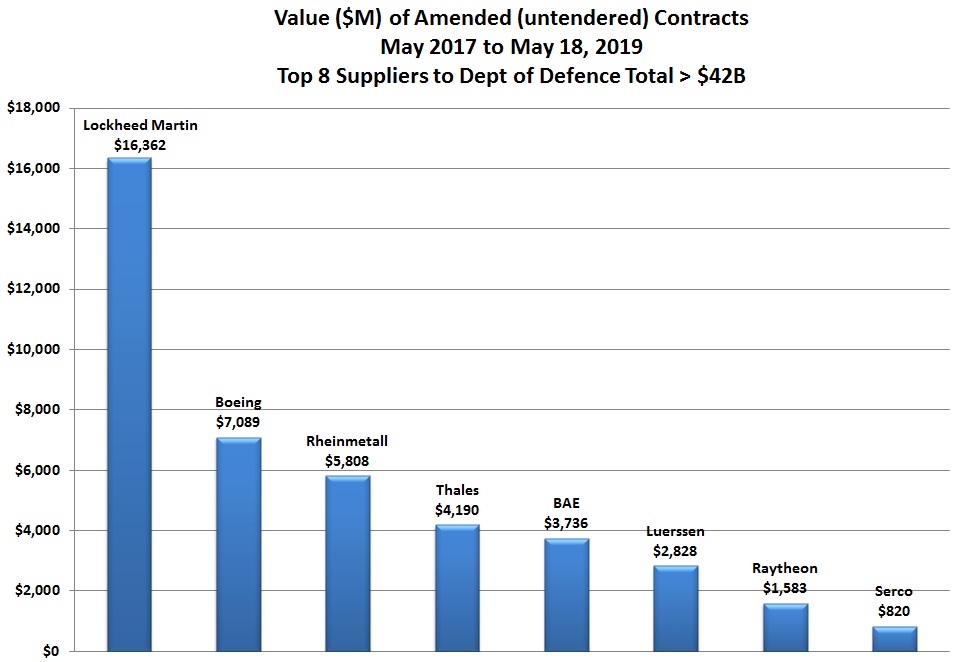“A triumph of image over substance, fear over logic, politics over policy”. Michael West reports on Election 2019 and the inexorable rise of corporate power over democracy.
The votes were still being counted, the final tally of seats in Parliament was yet to be settled, when the inevitable list of demands from big business lobbed in the financial press.
“A truly outstanding result,” said Fortescue Metals chief executive Elizabeth Gaines, who also “looked forward to working with the Coalition” on things like “a competitive tax regime that encourages long-term investment”.
“A competitive tax regime” is code for big business tax cuts.
“We look forward to working with the new government to deliver the policy settings which allow us to invest in these projects with confidence,” declared Origin Energy chief Frank Calabria, hinting at taxpayer subsidies to expedite gas fracking in the Northern Territory.
MYOB boss Tim Reed expressed relief at the election result “given Labor made it clear they would push for minimum wage rises”.
“Stop the regulation and stop the bullshit” came the call to arms from retailer Gerry Harvey.
For ordinary Australians, there will be no “working with the government”. The Great Unwashed have had their say, they can have their say again on a Saturday sometime in 2022.
Between now and then, for every week in between, the business lobby will enjoy a privilege of access to those in government which is rarely available to the ordinary citizen. Indeed, today’s email from the Business Council of Australia to its chief executive members has put corporate tax cuts squarely back on the table, cuts which will deliver billions to the banks.
Great to speak with Business Council of Australia CEO Jennifer Westacott & President Grant King.
The Government is straight back to work, talking to business about our plans to keep growing the economy & create 1.25 million more jobs.@BCAcomau @JAWestacott pic.twitter.com/Bw0GKlOafv
— Josh Frydenberg (@JoshFrydenberg) May 23, 2019
The political theatre of the election, as usual, sidetracked the attention of the nation. There was barely any talk in mainstream media of a federal anti-corruption commission, foreign policy, reform for political donations, privatisation or the radical blow-out in government spending (which we shall deal with in due course – new data).
Instead, fear campaigns over Labor’s “Housing Tax” and “Retiree Tax”, which were not taxes at all but the removal of negative gearing and franking credit subsidies which skew wealth from taxpayers to the well-off.
Few in the media understood it nor bothered to challenge Scott Morrison and Josh Frydenberg about their big tax lies. The entire campaign was a triumph of image over substance, of fear over logic, of politics over policy.
The upshot? The power of corporations will continue to rise at the expense of democracy. It may well have done so under a Labor victory too, although not quite as comfortably. Bewitched by the gas lobby, Labor had already foreshadowed a $1.5 billion gas subsidy which would have opened up the Beetaloo Basin in the Northern Territory for fracking.
This was another thing, incidentally, missed in the campaign. Opening up the Beetaloo, let alone the Galilee and North Bowen basins for fracking, is forecast to produce between 4.5 per cent and 6.6 per cent of Australia’s total emissions. It is a climate bomb which will blow our Paris commitments apart.
Gas deal: “a massive transfer of wealth from gas customers to China and Singapore”
In its ardour to appease the business lobby and expedite the likes of Adani’s Carmichael coal project, the Coalition is bound to do even worse on the climate front. But business has spoken loudly. They love this election result.
What we don’t know – and will not know until next year thanks to Australia’s feeble political donations disclosure regime – is how much business contributed to the election outcome, and who contributed.
Labor insiders say their party did very well out of corporate donations too. They were expected to win and business duly paid upfront for the favours it would call in later.
The Coalition’s politically stunning victory however plays straight into the hands of multinational corporations. There will be nothing now to stop the sale of Healthscope’s 43 Australian hospitals to a Cayman Islands company controlled by the financial engineers from Brookfield.
From the Northern Beaches of Sydney to the Northern Beaches of George Town, Cayman Islands
Fewer roadblocks too for Adani’s Carmichael coal mine, and its peer projects in the Galilee Basin. The prospect that the government might release the identities behind the Cayman Islands company which got $80 million from the “Watergate” deal now seems distant.
The elation in the big business community over the election result comes down to the expectation that they can now more easily exert their influence over policy; keeping wages and corporate taxes lower.
As the Coalition won by campaigning against Labor – and Bill Shorten – rather than espousing much in the way of policy itself, there is now a gaping policy vacuum. The stasis in any significant reform will persist.
This vacuum is likely to be filled with policy which favours large companies, those that is, with the most money and the most lobbying muscle.
Another thing entirely ignored in the theatrics of the campaign has been the gutting of government itself.
The graph below shows the explosion in consulting fees paid to the Big Four accounting firms – EY, Deloitte, PwC and KPMG – following the Coalition’s ascent to office in late 2013.
In total, the Big Four’s fees from the Federal Government alone have more than doubled to almost $700 million and remain on track this year for a similar outcome as last year. The lion’s share of fees have been wrung from the Department of Defence.
KPMG has been the biggest winner from the boom in government outsourcing. Data expert Greg Bean, who analyses Austender data, calls 2015, “The standout year”, when fees increased by almost $200 million, a 60 per cent increase on 2014.
“Fee increases from 2015 to 2018 are such that the total fees for 2018 are double that of 2014, that is $330 million over four years, a 100 per cent increase in Big Four billing for services provided to the Australian Government,” says Bean.
Bear in mind the Big Four, whose revenues have been rising at a double-figure clip thanks to the boom in government outsourcing, also advise Government on tax while auditing and advising multinational companies on how to avoid tax.
Another spectacular trend in this corporate takeover of the public service is the splurge in zero-tender contracts, mostly military.
“Out of the $125 billion in amended contracts, the lion’s share, $101 billion, are DoD contracts,” says Bean, who is a critic of excessive government spending on what he regards as “outdated equipment that will be completely useless against drones, cyber-attacks, and sanctions; the weapons of modern warfare”.
Was there even one word of debate or media coverage of this, the largest expenditure of taxpayer money by a long shot, during the election campaign? Not that this reporter heard.
Weapons did not rate a mention, mostly because Labor and the Coalition rarely spar on Defence. Even so, it was ignored despite the hefty blow out in cost to taxpayers and the apparent failure of procurement processes.
The initial 12 months, from May 2017 to April 2018, is representative of the monthly value of untendered contracts for all prior periods back many years, says Greg Bean.
“In May, 2018, a sudden increase occurred, at about the time the Liberal Party started showing signs of replacing Malcolm Turnbull with the very likely possibility that the Liberal Government might go to an election between May and August, the initial period of increased activity in untendered contracts.
“While an election did not occur in the May to August period, that election threat has been a daily possibility since August when Malcolm was replaced with Scott Morrison, and exceptionally high untendered contract value has continued through to the end of March 2019.
“And then, with the election announced in April, an explosion in untendered contracts has occurred with from April 1 to May 18, 2019 – $50 billion in untendered contracts being amended.”
All this plays into the hands of multinational US defence contractors. The top eight account for more than $42 billion of the $101 billion total, while the remaining $59 billion is spread across 1,300 suppliers. The biggest beneficiary is Lockheed Martin which is selling Australia the controversial F-35 Joint Strke Fighter, an item of military hardware condemned widely as a “lemon”.
That such a vast expenditure of taxpayer money, the biggest by far in this nation’s history, on something many experts believe is useless, did not rate a word in the election campaign, says a lot about the political debate.
Ironically, the ideology behind the outsourcing of government, that is, delivering “small government”, is coming at a huge cost. That cost is not only the sheer dollars. Nor that, once government expertise has been replaced by expensive private consultants, it will be difficult and costly to get it back, but also that the influence of multinational corporations over government is on the march.
This all goes to the inexorable transition of power from citizens to multinational corporate interests, from voters to those who don’t vote. It is a global trend but given that Australia is a relatively small market, the concentration of corporate power via monopolies and duopolies is marked.
To borrow from the parlance of the Prime Minister, the big corporations are definitely “having a go to get a go”. Citizens however, briefly, had their go the other day. And, having made their decision in favour of the Coalition, have given a really good go to multinationals.
Large corporations and some wealthy business people, unlike ordinary people, make political donations. They don’t give money to political parties on the expectation of zero return. They have paid their dues, now it’s payback time. The only way to extract this cancer from the body politic is to ban money in politics. Australia is a long way from doing that, and until it comes, public confidence in the system will continue to erode.
Defence giants: the “Valley of Death” is really a Mountain of Money
Public support is vital so this website can continue to fund investigations and publish stories which speak truth to power. Please subscribe for the free newsletter, share stories on social media and, if you can afford it, tip in $5 a month.
Michael West established Michael West Media in 2016 to focus on journalism of high public interest, particularly the rising power of corporations over democracy. West was formerly a journalist and editor with Fairfax newspapers, a columnist for News Corp and even, once, a stockbroker.






